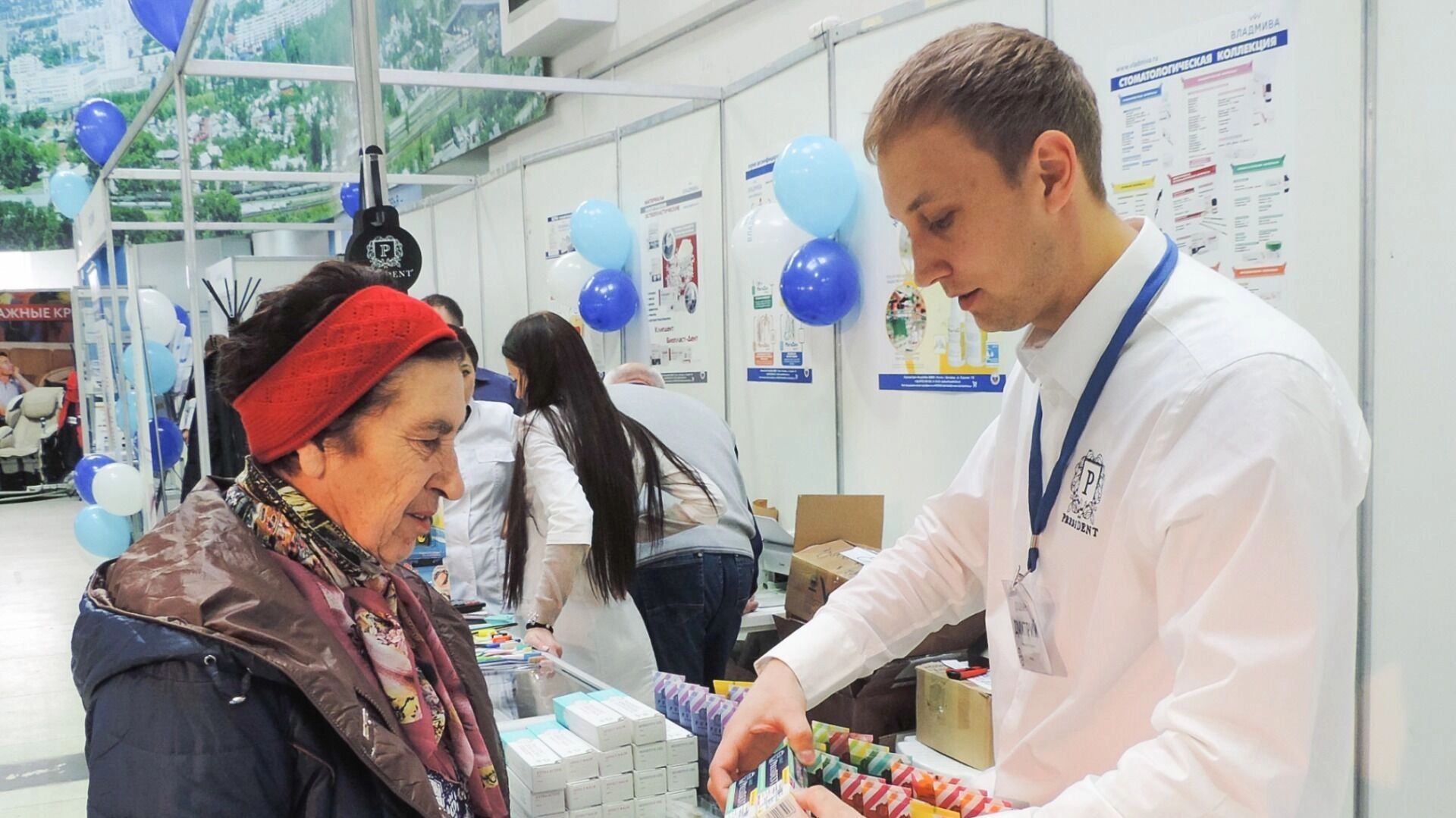Tatarstan is facing a shortage of ENT specialists—nine districts in the republic have no such specialists at all.
In total, 323 otolaryngologists work in the republic’s medical institutions. Of these, 200 are adult ENT doctors working within the Republic’s Ministry of Health system, and another 65 are pediatric specialists. The rest work in private clinics.
The situation is particularly critical in the regional capital, Kazan, where specialist positions are only half filled.
However, a positive aspect is the growing interest among young people in the profession of otolaryngologist: currently, 33 residents are training at the department of Kazan Medical University.
The work of otolaryngologists is closely related to surgical specialties such as head and neck surgeons, thoracic surgeons, and maxillofacial surgeons, which requires the integration of modern technologies. The scientific and technical council established under the ministry plans to support the development of this field.
According to official statistics, medical institutions in Tatarstan currently lack approximately 1,600 doctors. Previously, it was reported that in September, the ratio of vacancies to submitted resumes was approximately one resume per open position instead of the required four.
The shortage of qualified personnel is a chronic problem in the republic’s healthcare system and has been observed for many consecutive years. For instance, the regional ministry of health previously reported that the staffing level for emergency medical services doctors reaches only 72%, while nursing staff are staffed at 84.6%.
Tatarstan ranks in the middle positions in the ranking of medical workers’ income levels compared to other subjects of the Volga Federal District. The average offered salary here is at the level where the republic lags behind five regions and surpasses eight other subjects.
Regarding specific specialties, the most acute staff shortages were felt in pediatrics, outpatient clinic services, district therapy, anesthesiology and resuscitation, as well as in emergency medical services.
In the republic’s capital, Kazan alone, the number of vacant medical positions reached 444 units. Doctors have repeatedly drawn attention to difficult working conditions, increased workload during holidays, transitions to other jobs, and workload increases of five to eight times due to medical check-ups.






